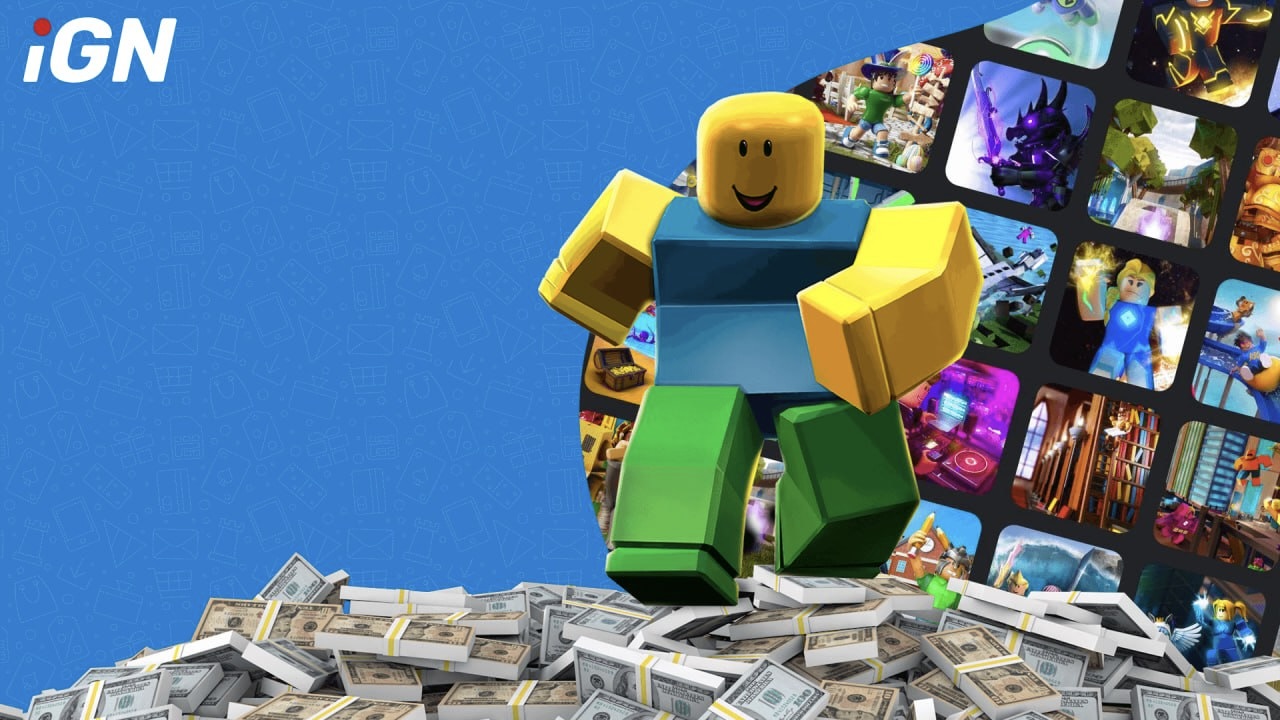12-Year-Old in Canada Files Lawsuit Against Roblox Over Gambling-Like Features

A resident of British Columbia has launched a class-action lawsuit against Roblox Corporation on behalf of 12-year-old D.J., who has been playing on the platform since the age of 5 or 6.
The Claim
The case was filed in the Supreme Court of British Columbia and seeks certification as a class action. It targets both Roblox and its Canadian subsidiary. The claim argues that in-game features such as purchasing Robux,opening loot boxes and other randomized reward systems that, according to the plaintiffs, function as gambling. According to the plaintiffs, these random reward systems exploit the psychological vulnerability of children.
The lawsuit aims to represent all Canadians who developed dependency issues related to Roblox, including minors who paid for a Roblox Premium subscription.
Plaintiff’s Arguments
According to the child’s father, D.J. showed signs of addiction soon after starting to play:
- anxiety;
- irritability and mood swings;
- reduced focus and memory;
- emotional instability;
- irritability and mood swings;
- fatigue and low energy.
The family claims the child spent between $300 and $500 on Robux purchases. According to the family, D.J. plays on the platform for several hours each day.
Demands and Potential Impact
The plaintiffs are seeking damages and restrictions on Roblox’s marketing practices in Canada. The lawsuit highlights the following concerns:
| Issue | Description |
|---|---|
| Gambling Mechanics | Loot boxes and randomized rewards are alleged to function like gambling and contribute to addictive gameplay. |
| Financial Costs | Minors can spend significant amounts of money on Robux and Premium subscriptions. |
| Psychological Harm | Players report anxiety, sleep problems, and emotional distress. |
Roblox’s Response
According to court records, the company has not yet filed an official response. Roblox representatives have also not replied to journalists’ email inquiries. The lawsuit will not proceed until a judge certifies it as a class action.
Context and Significance
Roblox is one of the most popular gaming platforms, allowing users to create and share their own games. Millions of players, including children, log on each year. Experts note that cases like this could shape the future of how microtransactions and random-reward mechanics are regulated in online games.
What Comes Next
Lawyers involved in the case emphasize the central question: whether the company bears legal responsibility for potential harm when players show signs of dependency. The court’s decision could affect not only Roblox but also other gaming services using similar mechanics.
